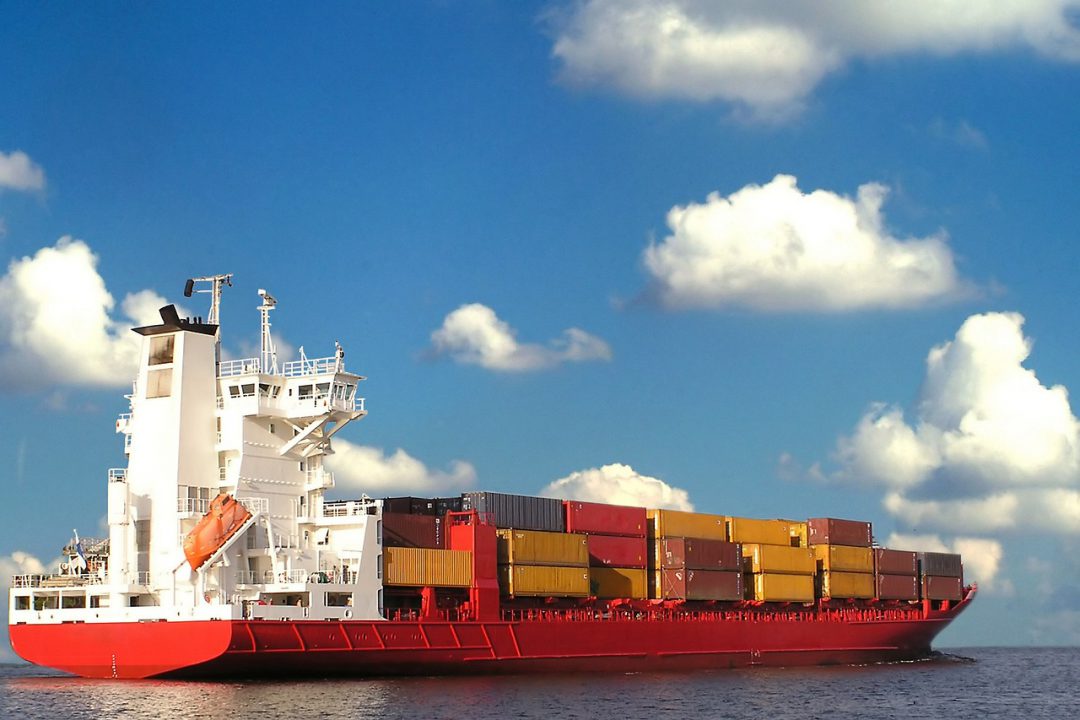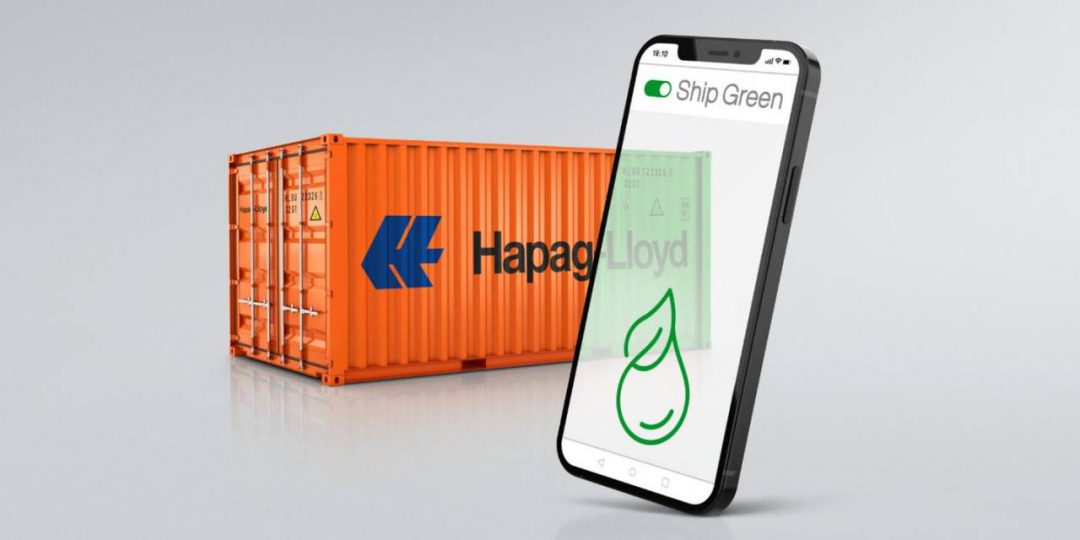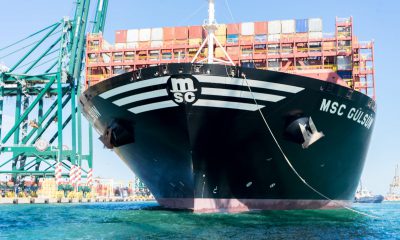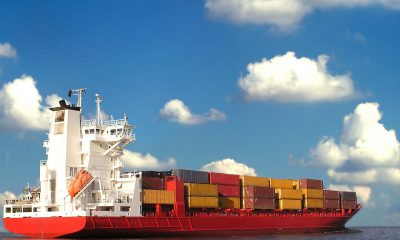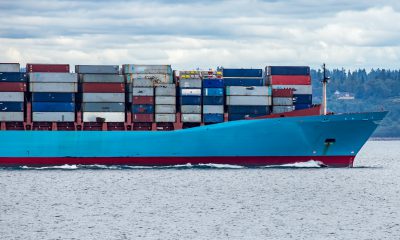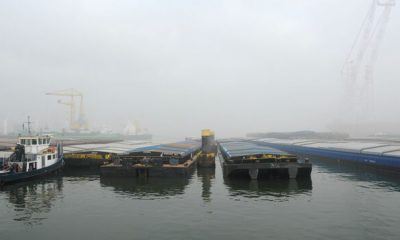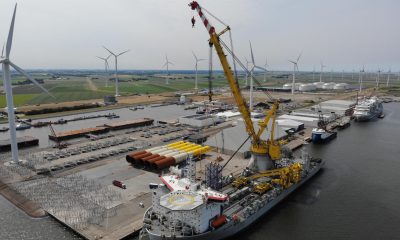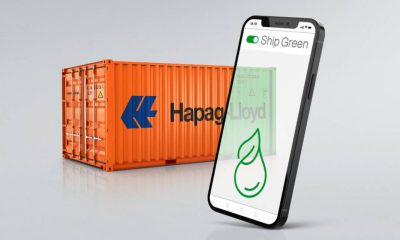In a future, carbon-neutral world, Northwest Europe will continue to be a major net importer of power. And in many cases, this power will be in the form of hydrogen. Rotterdam has the potential to establish itself as a leading international hub for hydrogen flows, similar to the port’s current role in the oil economy. Among other things, this calls for a clear strategy (preferably Northwest European), public-private partnership and financing along the entire chain – from production to consumption. In this undertaking, a pro-active approach offers greater chances of success than a ‘wait-and-see attitude’.
These and other conclusions are set out in the report ‘Hydrogen for the Port of Rotterdam in an International Context; a Plea for Leadership’ published by the research institute DRIFT (Dutch Research Institute For Transitions) and written at the invitation of the Port of Rotterdam Authority. Among other things, the report makes use of the results of various dialogue sessions led by Professor Jan Rotmans, which were attended by experts from the port’s industrial sector, the government and science.
The report states that by 2050, local dependence on imported power can run up to 60% in Northwest Europe – and in the Netherlands even to as high as 75%. The port of Rotterdam is uniquely positioned to develop into Northwest Europe’s leading hydrogen hub, with green hydrogen as a key pillar. But this position shouldn’t be taken for granted. According to the report, it is important to not only invest in hydrogen consumption and production at an early stage, but also – indeed, above all – in the import and trade of this product.
Rotmans expects that the new power trade flows will also result in a new geopolitical balance at the global level. ‘Based on this assessment, the Netherlands should give thought to which position it intends to occupy in this future international arena. If you plan to retain your strategic function, you will need to actively pre-finance hydrogen projects as a government, to give impetus to the development of this international position. And private companies will also have to make substantial investments in hydrogen to ensure that they can play a leading role in the new, carbon-neutral economy.’
Blue and green
According to Rotmans, parties should not only invest in green hydrogen over the next decade but also in blue hydrogen, which is produced using natural gas. The carbon that is released during this process is immediately captured and stored in reservoirs in the sea bed. ‘The progression from blue to green hydrogen is inevitable if we intend to develop the required mass and volume – both at the demand and at the supply ends. In Rotterdam’s case, this step will play a crucial part in both reducing the emissions of its industrial sector and simultaneously retaining its existing status as energy port.’
For the moment, green hydrogen is still a relatively expensive option, and over the next ten years, there will not be enough green power to enable the large-scale production of hydrogen. In many cases, it is still impossible to develop a profitable business case for projects in this area. In this light, the report includes a recommendation to the government to actively pre-finance projects via a public-private investment fund. This requires combined tendering schemes that explicitly link the realisation of wind farms to the production of green hydrogen.
Confirmation
The Port of Rotterdam Authority sees the DRIFT report as a confirmation of its chosen path. Port Authority CEO, Allard Castelein: ‘Hydrogen will play a central part in the new, carbon-neutral economy. It will also provide Rotterdam with the opportunity to continue its key role in the Dutch economy as an international energy hub. To achieve these objectives, we are working on a series of concrete projects along the entire chain, from production and infrastructure to consumption and import. The DRIFT report both confirms and enriches our approach in this area, and underlines the importance of the projects we are working on.’ Upcoming projects in Rotterdam include the realisation of electrolysers by Shell, BP and Nouryon for
the production of green hydrogen, a blue hydrogen facility by the H-vision consortium, and the construction of a dedicated hydrogen pipeline that runs straight through the port area. In Rotmans’ analysis, scaling up hydrogen supply and demand will prove of crucial importance – a process that is both lengthy and requires large-scale investments.
‘First mover’
Through these projects, Rotterdam is emphatically positioning itself as a ‘first mover’. According to the DRIFT report, this is an important position to occupy and one that in the past has clearly enabled the port to strengthen its competitive edge. Rotmans: ‘You need vision, guts and leadership if you want to establish yourself as a first mover. Rotterdam has shown these qualities through previous ventures like its investment in Europe’s first large-scale container terminal. Ultimately, this also laid the foundations for the current prominence of its industrial and logistics cluster. Leadership is in Rotterdam’s genes.’
Port Vice Mayor Arjan van Gils confirms hydrogen’s importance to Rotterdam: ‘As city government, we are pleased to help make our port and industrial sector more sustainable. Hydrogen will play an important part in renewing our economy and creating new employment in the region, and it will help us to realise our climate targets. We didn’t get this far in Rotterdam by sitting on our hands. If we successfully exploit the opportunities that we are presented with, we can make huge strides when it comes to promoting sustainability in our region.’

